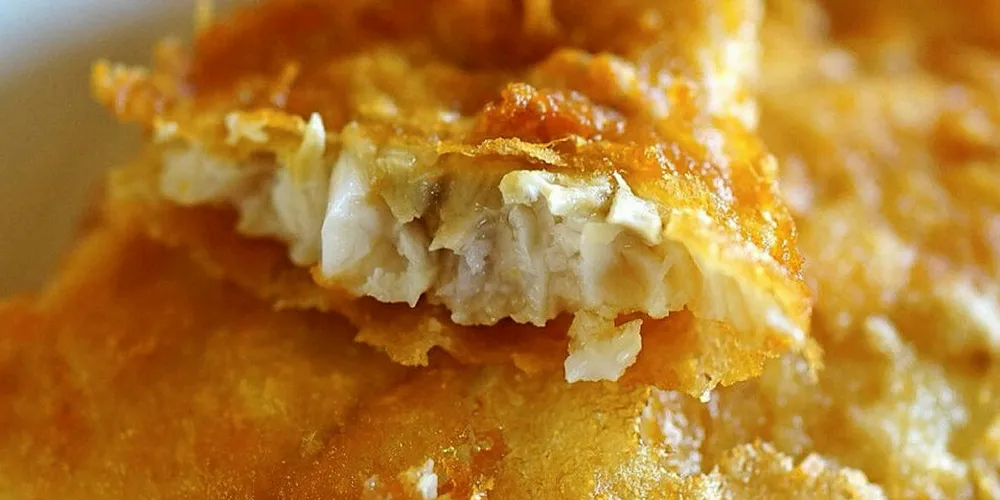UK shop owners call for better labeling after expose finds endangered species in fish & chips
A newspaper probe found that endangered species of sharks are being served up to unsuspecting customers at fish and chip shops.

A newspaper probe found that endangered species of sharks are being served up to unsuspecting customers at fish and chip shops.
